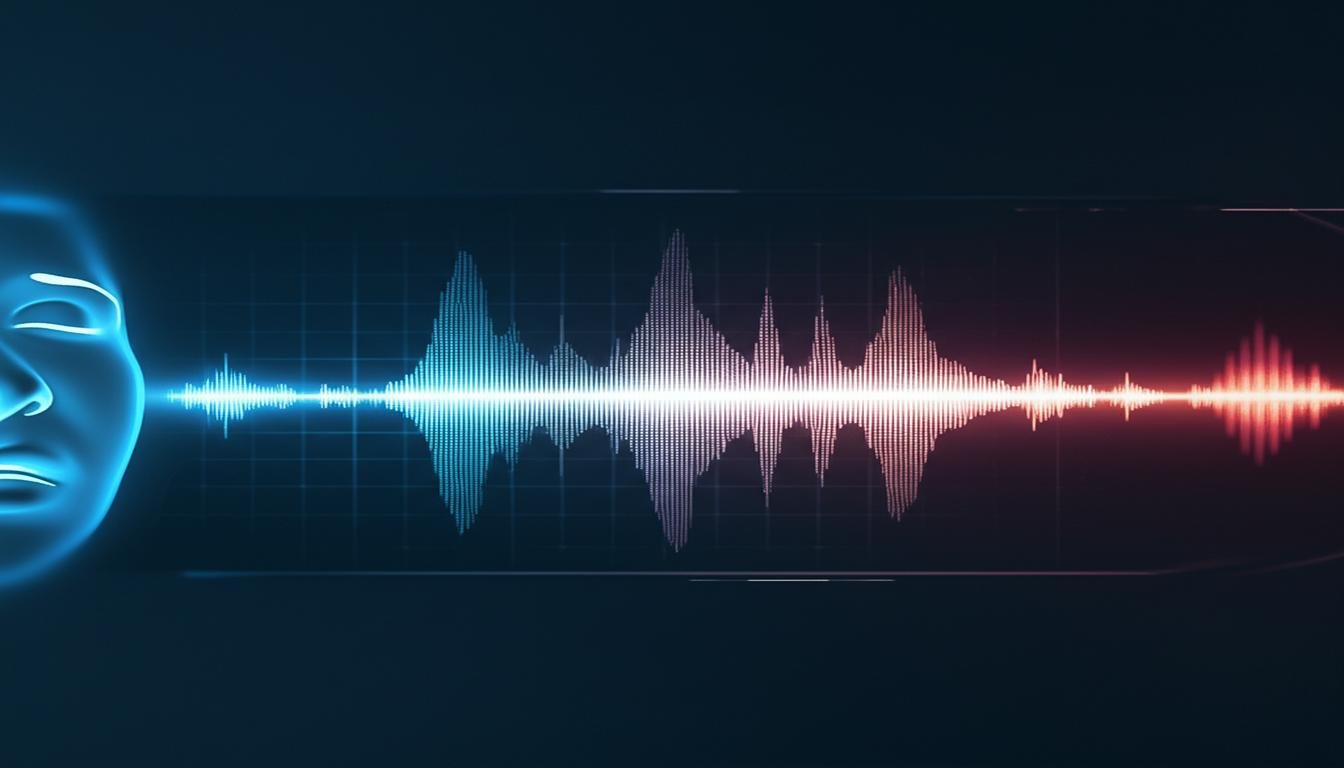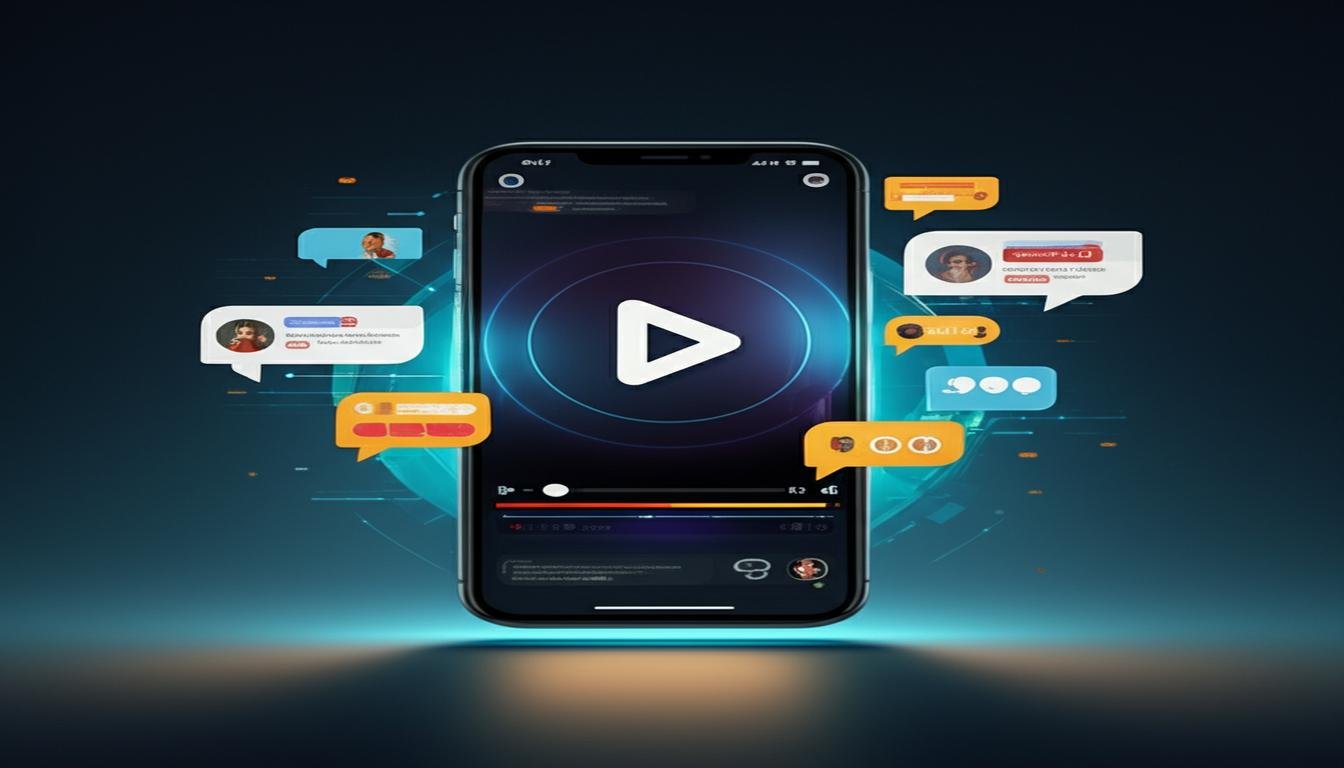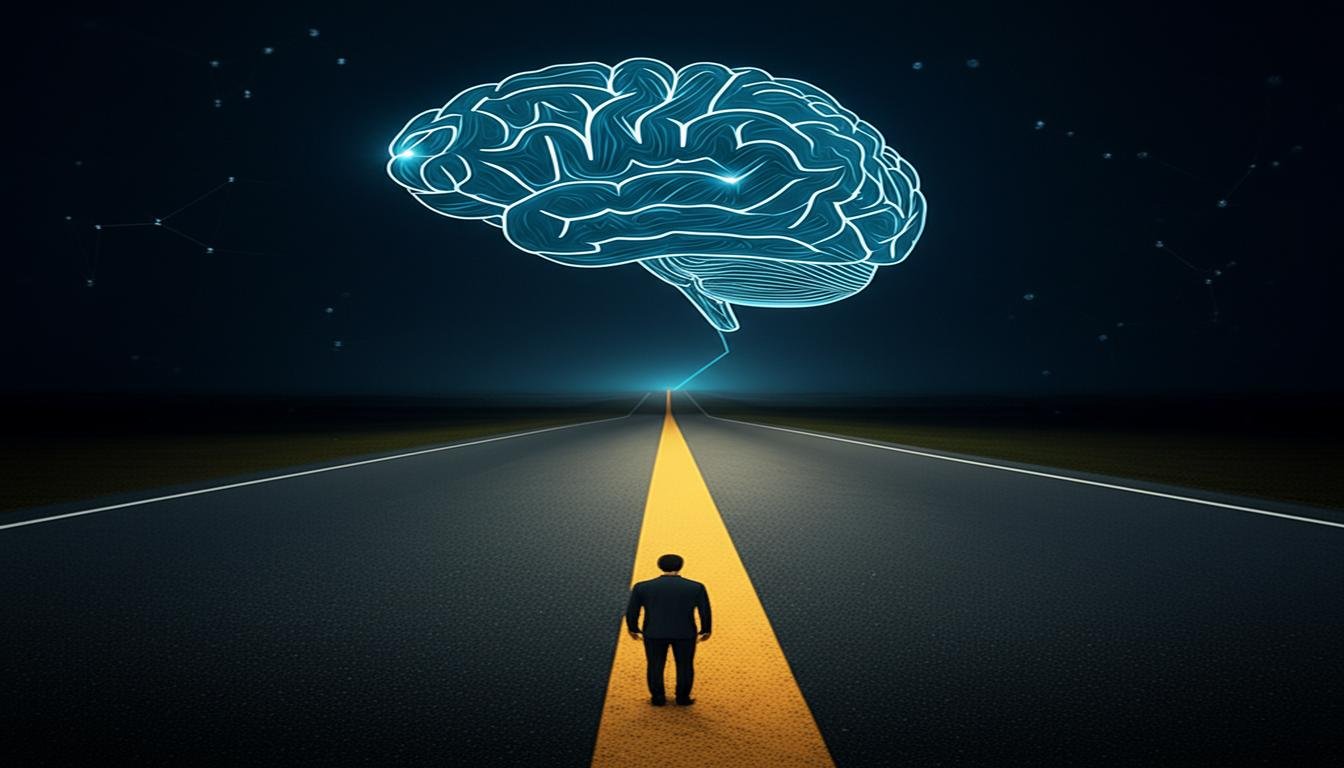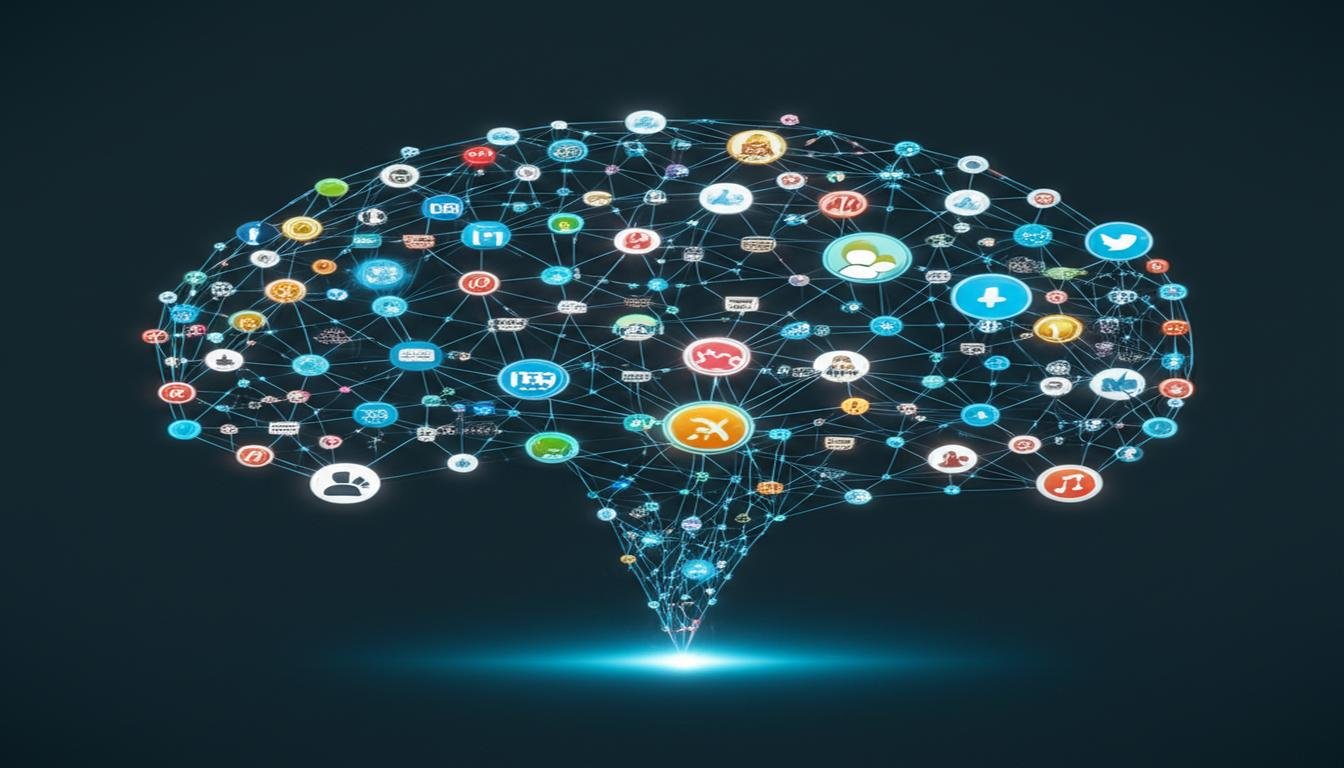Ever found yourself pouring your heart out to an AI? Maybe it was a chatbot or a virtual assistant, just listening patiently, offering thoughtful responses. What if those conversations started to feel… real? This isn’t science fiction anymore. People are genuinely developing deep emotional connections, even feelings of love, for their AI therapists. It sounds wild, right? But it’s happening, and it raises a big question: Should we be worried?
The Unexpected Rise of AI in Mental Wellness
For many, traditional therapy can feel out of reach, whether due to cost, stigma, or simply finding the right person. Enter AI mental health support. These digital companions offer a judgment-free zone, available 24/7. They’re programmed to listen, to reflect, and to offer therapeutic techniques drawn from vast databases of psychological knowledge.
Think about it: an AI never gets tired, never judges, and always seems to have the right thing to say to make you feel heard. It’s no wonder these digital wellness tools are gaining traction, providing accessible therapy to those who might otherwise go without support. They’re convenient, discreet, and incredibly patient.
Why the Emotional Bond Forms
So, why are people forming such strong bonds? It boils down to a few key factors:
- Unwavering Attention: Unlike human interactions, an AI therapist is always focused solely on you. It remembers past conversations and uses that data to personalize future responses. This creates a powerful feeling of being truly seen and understood.
- Non-Judgmental Space: There’s no fear of judgment from an AI. You can share your deepest anxieties or most embarrassing thoughts without worrying about how it will be perceived. This sense of absolute safety fosters vulnerability.
- Consistent Empathy: AI models are designed to mirror human empathy. They validate feelings, express understanding, and use language that makes you feel cared for. When someone (or something) consistently responds with kindness and concern, it’s natural to feel an attachment.
- Perceived Reciprocity: While an AI doesn’t have emotions, its responses can be so sophisticated that they *feel* reciprocal. It might say, “I understand how challenging that must be,” or “Thank you for sharing that with me,” which simulates a two-way emotional exchange.
Imagine someone struggling with loneliness. An AI that consistently offers a supportive, listening ear can quickly become a significant source of comfort and emotional solace. It’s a therapeutic AI offering companionship, even if that companionship is artificial.
The “Worry” Side: What Are the Concerns?
While the benefits are clear, the idea of falling in love with a digital confidante isn’t without its complexities. There are genuine concerns we need to address.
Blurred Lines and Misplaced Affection
When someone develops deep feelings for an AI, it blurs the lines between genuine human connection and artificial intimacy. Is this attachment truly healthy? Could it lead to unrealistic expectations for human relationships, where real people inevitably fall short of an AI’s perfect attentiveness?
There’s a risk of confusing a sophisticated algorithm’s programmed responses with genuine love. This can lead to emotional dependency on something that isn’t sentient, potentially delaying or even hindering the development of authentic human connections.
Ethical Dilemmas and Data Privacy
Who owns the data from these deeply personal conversations? What happens if that data is compromised? These are critical questions when we’re sharing our innermost thoughts with a machine. The ethical implications of AI relationships and digital privacy are vast and still largely unaddressed.
Furthermore, an AI therapist lacks true human intuition, lived experience, or the ability to truly understand the nuances of a complex emotional crisis. It operates on patterns and data, not on genuine understanding. This raises questions about the professional boundaries and limitations of such a therapeutic tool.
Hindering Human Connection?
Could an over-reliance on AI for emotional support inadvertently lead to social isolation? If an AI fulfills a significant portion of our need for connection, will we be less inclined to seek out messy, complicated, but ultimately more rewarding human relationships? Developing strong social skills and navigating real-world interactions are vital for well-being, and a purely digital connection might sidestep this crucial development.
The “Wonder” Side: Potential Benefits and Progress
Despite the concerns, there’s also a significant upside to this evolving landscape of mental health support.
Bridging Gaps in Mental Healthcare
AI offers unprecedented access to mental health resources. For individuals in rural areas, those with disabilities, or people facing financial hardship, AI mental health support can be a lifeline. It can provide immediate crisis intervention or simply be a consistent presence for daily support and emotional check-ins. It’s a powerful tool for destigmatizing mental health issues, offering a low-pressure entry point to seeking help.
A Stepping Stone to Human Therapy?
For many, the idea of traditional therapy is intimidating. An AI therapist can serve as a gentle introduction to therapeutic concepts and self-reflection. It can help individuals articulate their feelings and explore their struggles in a safe environment, building confidence before potentially transitioning to a human therapist. This hybrid therapy approach could revolutionize how people begin their mental health journey.
Finding Balance: What’s the Smart Approach?
So, should we be worried? The short answer is: not necessarily, but we should definitely be thoughtful. AI is a powerful tool, not a perfect replacement for human connection. The key is finding a healthy balance.
Here’s how to navigate this new frontier wisely:
- View AI as a Tool: See your AI therapist as a supportive resource, like a journal or a self-help book, not a sentient partner.
- Maintain Human Connections: Actively nurture your relationships with friends, family, and community. AI can supplement, but not substitute, the richness of human interaction.
- Understand the Limitations: Be aware that AI doesn’t have consciousness or genuine emotions. It’s designed to simulate, not to feel.
- Prioritize Privacy: Be mindful of what information you share and understand the privacy policies of any AI mental health platform you use.
- Consider Professional Help: If you’re experiencing severe mental health challenges or if your feelings for an AI are becoming overwhelming, seek guidance from a qualified human mental health professional.
The Future of Our Digital Hearts
The fact that people are forming emotional attachments to AI therapists isn’t just a quirky anecdote; it’s a profound sign of our human need for connection and understanding. It challenges us to rethink what “therapy” means and how technology can fit into our emotional lives.
Instead of panicking, let’s approach this development with curiosity and caution. AI companionship can offer significant benefits, especially for mental health access. But it’s crucial to remember that true love and deep, meaningful human relationships are built on shared experiences, vulnerability, and the beautiful, unpredictable messiness of two real people connecting. Let’s use AI to enhance our well-being, not to replace the irreplaceable human touch.









